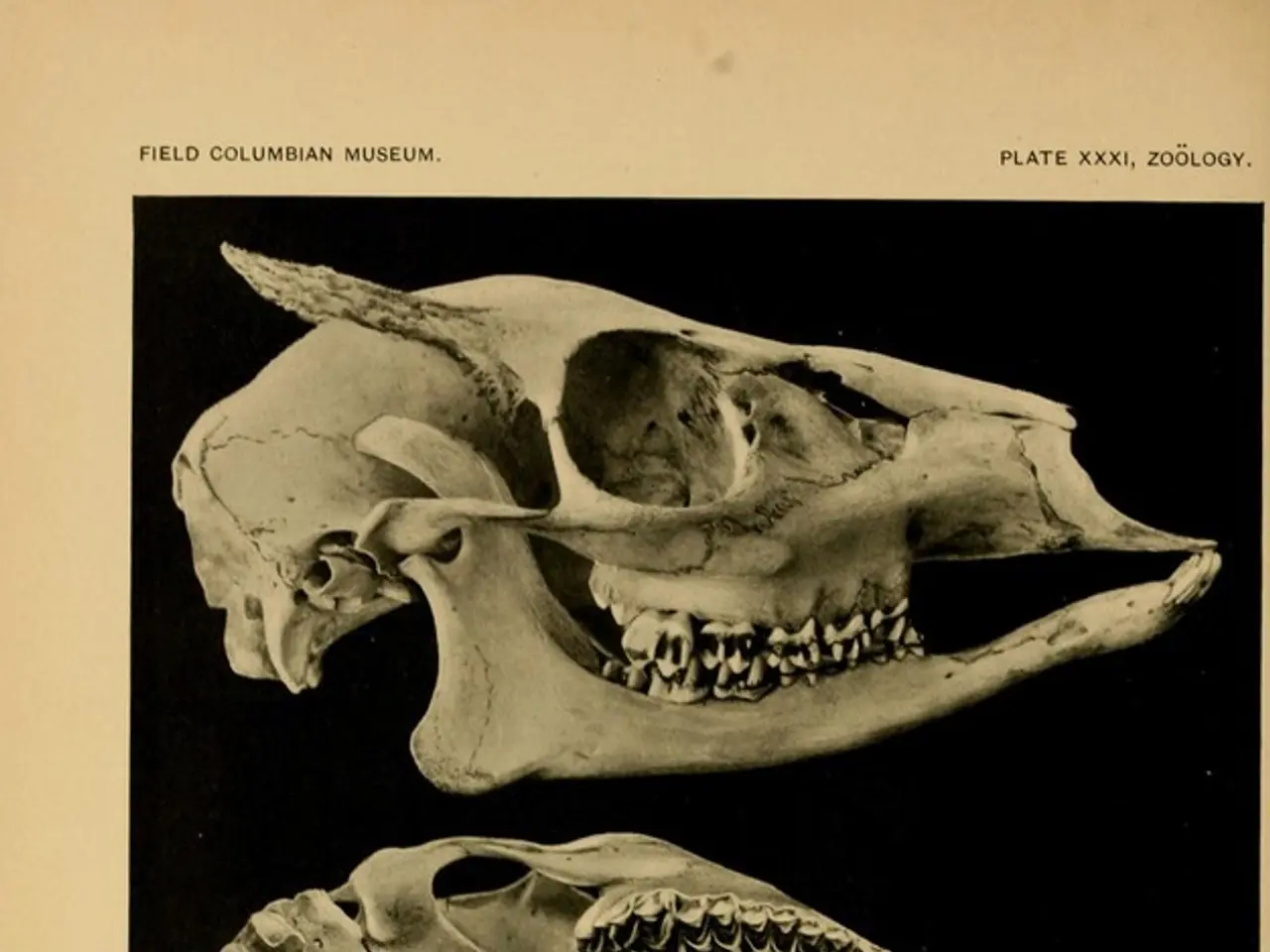Exchanging Ailment for Wellness: Transplanting Brain Cells Leads to Potential New Treatments for Huntington's Disease
**Breakthrough Research Suggests Stem Cell Therapy for Neurological Disorders**
A groundbreaking study, published in Nature Biotechnology, proposes a new understanding of neurological and psychiatric disorders such as Huntington's disease, ALS, and schizophrenia. The research, led by Steve Goldman, MD, PhD, co-director of the Center for Translational Neuromedicine at the University of Rochester, suggests that these conditions may be caused by dysfunctional glial cells.
The study reveals that human glial progenitor cells can outcompete native cells, leading to brains containing mouse neurons and human glia. In subsequent experiments, the team transplanted glial cells with the Huntington's disease (HTT) mutation and observed that this mutation impaired the function of glial progenitor cells, resulting in poor astrocytes and oligodendrocytes production.
The research also demonstrates that young and healthy human glial progenitors have a competitive advantage over aged and diseased cells. In the striatum, healthy human glial progenitor cells displaced and eliminated their Huntington's disease counterparts.
This new discovery opens up exciting possibilities for stem and progenitor cell-based therapies to treat central nervous system (CNS) disorders. By replacing diseased or aged glial cells, these therapies could offer benefits such as neuroprotection and tissue repair, enhanced neuroplasticity, reduced inflammation, improved cognitive function, and long-term healing potential.
However, more research is needed to fully understand the efficacy and safety of these therapies. Preclinical studies and clinical trials will be crucial for advancing the field. As these therapies become more viable, ethical considerations, such as cell sourcing and patient consent, will need to be addressed through robust regulatory frameworks.
The development of personalized therapies using stem cells could lead to more effective treatments tailored to individual patients' needs, potentially improving outcomes in complex CNS disorders. The study builds upon a decade of scientific progress, including strategies for producing the brain's glial support cells from embryonic stem cells, and the creation of human glial-chimeric mice.
Transplanting healthy human glial progenitor cells into mouse models of Huntington's disease delayed disease progression. The new study strongly suggests that healthy human glia will outcompete and replace sick human cells in another human brain, highlighting the potential value of cell replacement therapies.
The research was supported with funding from the Novo Nordisk Foundation, the Lundbeck Foundation, the Olav Thon Foundation, and the Adelson Medical Research Foundation. Goldman holds additional positions at Sana Biotechnology and the University of Copenhagen.
- This breakthrough in stem cell therapy, as indicated by the study published in Nature Biotechnology, could potentially be applied to health-and-wellness beyond neurological disorders, offering new treatments for medical-conditions like cancer and mental-health issues, given the competitive advantage of young and healthy human glial progenitors over aged and diseased cells.
- Since the research has demonstrated that transplanting healthy human glial progenitor cells into mouse models of Huntington's disease can delay disease progression, it implies that such therapies could provide long-term healing potential for various neurological disorders, such as ALS and Huntington's disease.
- As more research is conducted to investigate the efficacy and safety of stem and progenitor cell-based therapies, there may be significant implications for the treatment of complex central nervous system disorders, ranging from neurological disorders like Huntington's disease and ALS to mental-health disorders, thus contributing to the broader field of science dedicated to health-and-wellness and mental-health improvement.




